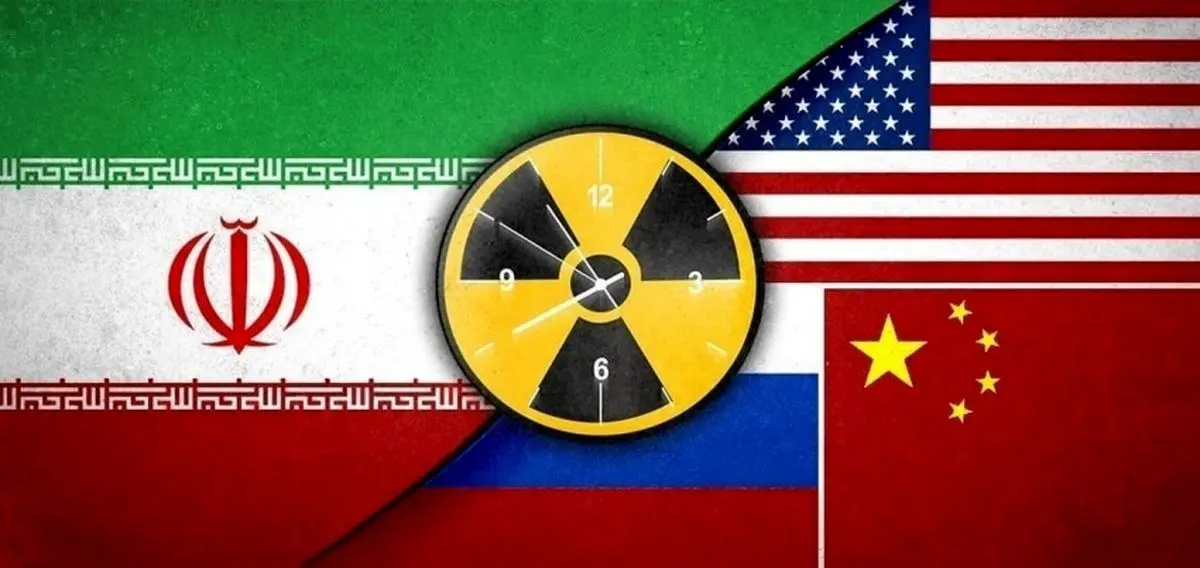SAEDNEWS: Iran has stated that its response to the reinstatement of sanctions will be “severe.”

U.S. Secretary of State Marco Rubio met on Wednesday evening with French Foreign Minister Jean-Yves Le Drian, German Foreign Minister Johan Wadephul, and British Foreign Secretary David Lammy to discuss Iran.
According to Saed News, and based on a report on the U.S. State Department website, Deputy Spokesperson Tommy Piggott said regarding Rubio’s call with his European counterparts: “In this discussion, all parties emphasized their commitment to ensuring that Iran will never produce or acquire nuclear weapons.”
Iranian officials have consistently stated that the country is not seeking to develop nuclear weapons.
Rubio’s call with the foreign ministers of the European trio comes just hours after the British news agency Reuters, citing diplomatic sources, reported a possible decision by the three European countries party to the JCPOA to initiate the snapback mechanism process.
Reuters wrote: “Four Western and European diplomats stated that the Tuesday meeting between Iran and the European trio in Geneva, although concluded without tangible results, still left space for continued diplomacy in the coming weeks. These sources added that the three European countries have decided to activate the so-called snapback mechanism to reinstate UN sanctions, an action that could begin on Thursday.”
According to the British news agency, the legal process for reinstating sanctions takes 30 days and will cover Iran’s financial, banking, energy, and defense sectors. One Western diplomat said: “Real negotiations will start once the letter is sent to the Security Council.”
These developments come as an Iranian diplomatic delegation met yesterday with Germany, France, and the United Kingdom in Geneva to discuss the activation of the “snapback mechanism.” Earlier, the three European countries had set conditions for extending the deadline for activating the mechanism, including resuming IAEA inspections in Iran, accounting for Iran’s large enriched uranium stockpiles, and resuming diplomacy, including with the United States. IAEA oversight in Iran has been a key part of these negotiations, with the previous session held in July in Istanbul.
Iranian officials have emphasized that Europe, due to its non-compliance with commitments under the nuclear deal, lacks the legal and moral basis to activate this mechanism against Iran.
Iran has stated that its response to the reinstatement of sanctions will be “severe.”
The Tuesday meeting between representatives of Iran, the UK, France, and Germany at the political director level of the foreign ministry, despite exchanging views on Resolution 2231, did not result in a specific agreement, and the parties decided to continue consultations.
In this context, the U.S. news agency Associated Press, quoting a diplomatic source, reported: “The negotiations concluded without a final result, but efforts to find a solution will continue before the deadline set by the Europeans.”
The snapback mechanism is included in UN Security Council Resolution 2231 and allows the parties to the agreement to reinstate international sanctions against a country if there is a claim of “non-compliance.” This mechanism, according to the JCPOA text, is only valid if the other parties are also adhering to their commitments. Western officials and other JCPOA member states have acknowledged that the three European countries, by failing to implement economic obligations and remaining silent in the face of U.S. actions, have lost the legal authority to use this mechanism.

